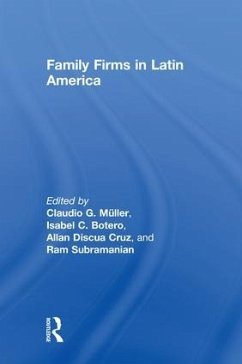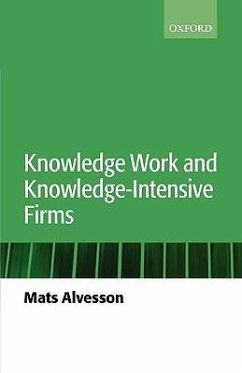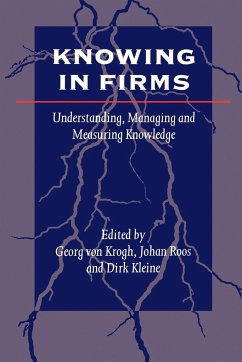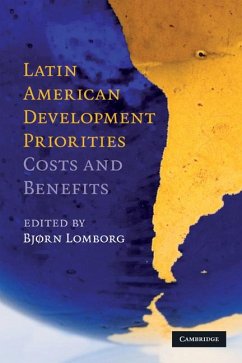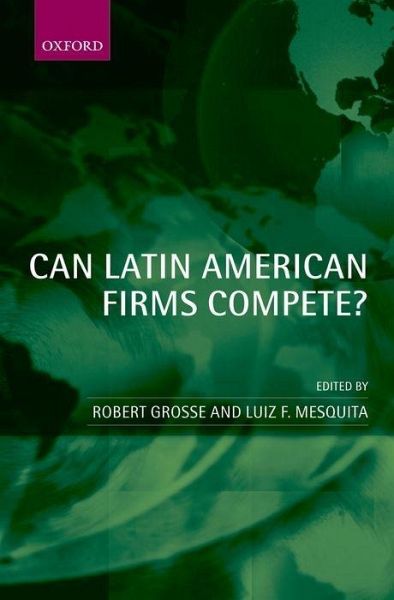
Can Latin American Firms Compete?
Versandkostenfrei!
Versandfertig in 1-2 Wochen
187,99 €
inkl. MwSt.

PAYBACK Punkte
94 °P sammeln!
In many discussions of globalization and growth, attention focuses on Asia, notably China, South Korea, and India. In contrast, 'Can Latin American Firms Compete?' looks at business developments in another key emerging market region, Latin America. It examines the success and failure that Latin American firms have met with, in their own markets and elsewhere in the world, the reasons behind these outcomes, and these firms' future prospects. Including contributions from leading international experts on business in Latin America, the book draws on concepts from organization theory, industrial or...
In many discussions of globalization and growth, attention focuses on Asia, notably China, South Korea, and India. In contrast, 'Can Latin American Firms Compete?' looks at business developments in another key emerging market region, Latin America. It examines the success and failure that Latin American firms have met with, in their own markets and elsewhere in the world, the reasons behind these outcomes, and these firms' future prospects. Including contributions from leading international experts on business in Latin America, the book draws on concepts from organization theory, industrial organization, economics, marketing, sociology, and political science. It includes sections on broad themes of competitiveness in Latin America, micro-level strategies of firms in specific sectors, the competitiveness of firms in specific countries, and competing in emerging markets. Cases examined range in size and sector, and include some of the largest firms in Latin America, such as as Embraer in Brazil, Quiñenco (Luksic) in Chile, Techint in Argentina, Grupo Carso in Mexico, Cisneros in Venezuela, and Grupo Empresarial Antioqueño in Colombia. This well-informed book will be essential reading for academics, policy-makers, and those with a serious interest in business development in Latin America.






